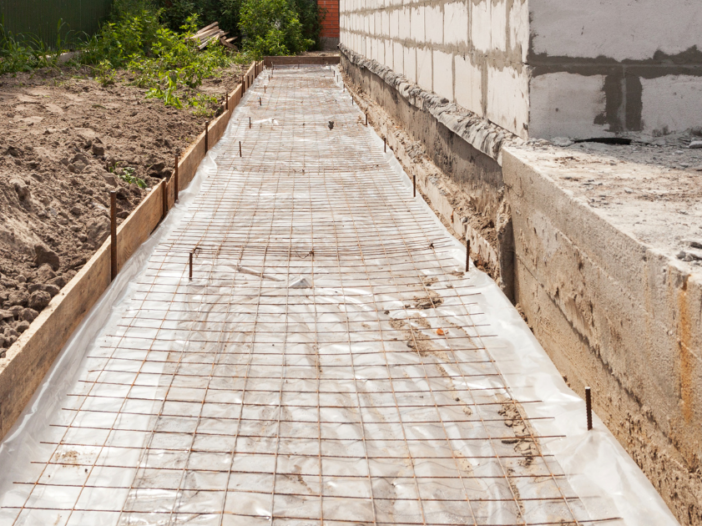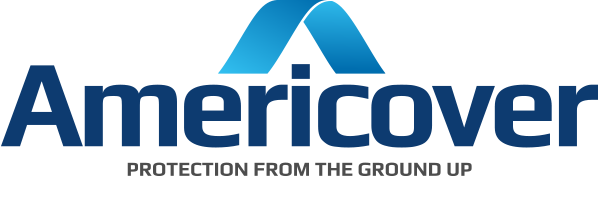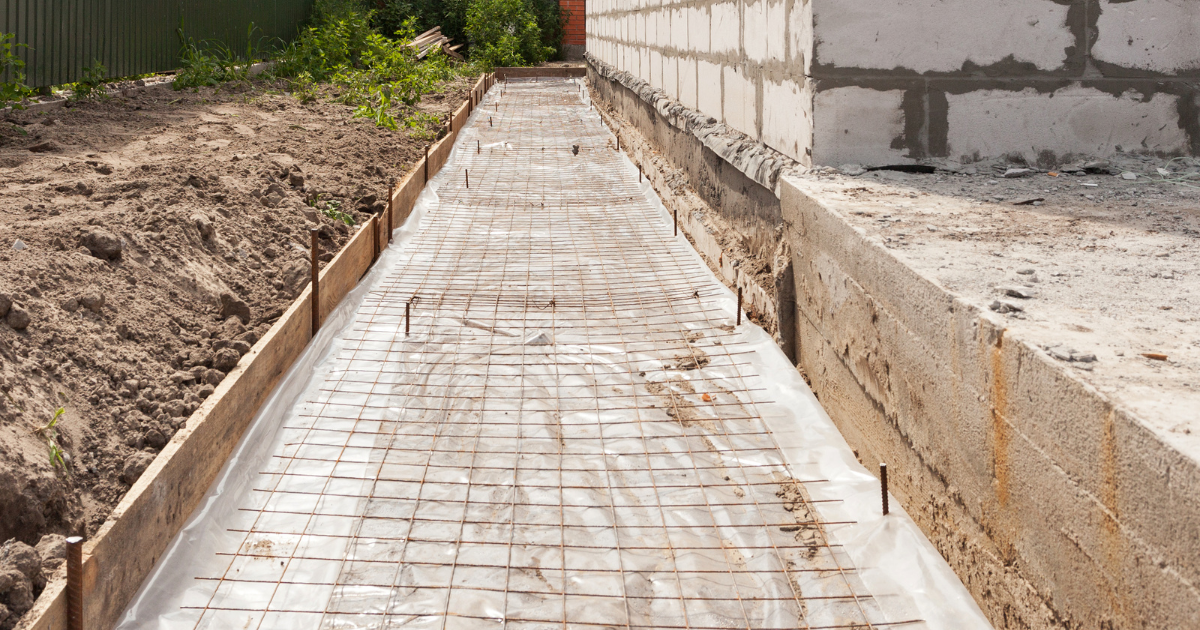
The foundation of your home is crucial for structural integrity, but the importance of what lies beneath it can easily go unnoticed. Underslab vapor barriers play a significant role in maintaining the long-term health and stability of a building structure. From moisture control to preventing costly damage, having a reliable underslab vapor barrier solves a wide range of potential issues.
The experts at Americover are leading professionals in plastic sheeting for building purposes. We are able to match product specifications to help builders and contractors find the best product for their projects. “If you are building a foundation, it is likely that an underslab vapor barrier is already on your list of supplies needed,” says Americover Customer Success Manager Daniel Mergens. “Let us help you find the best one.”
Read the four reasons your project requires an underslab vapor barrier below, or visit our underslab vapor barrier resource page.
Four Reasons to Install an Underslab Vapor Barrier
The American Concrete Institute’s Guide for Concrete Floor and Slab Construction recommends you use a vapor barrier that is at least 10 mils thick. Other characteristics of a good vapor barrier include low water vapor permeance and radon retardation. Learn more about our best-selling underslab vapor barriers when you visit our product sheet.
Four reasons builders must install an underslab vapor barrier include:
To Stop Ground Moisture Migration
Water collects in the spaces between rocks and soil, and as part of the natural water cycle, that water moves to the surface and back into our lakes and rivers. Most building materials are porous, especially concrete. Therefore, when the water resurfaces on the land, it will continue to rise through the concrete. Over time, the water collects within the walls and floors of a building structure eventually causing decay as mold and mildew start to grow.
To Stop Gas Migration
Soil gas, similar to soil vapor, rises to the surface. Although we are exposed to soil vapor daily, subjugation to soil vapor in a high concentration is lethal, and more likely inside an enclosed building without an underslab vapor barrier.
One of the most dangerous soil vapors is radon. Installing a vapor barrier as part of a radon mitigation system improves indoor air quality and reduces health issues related to gas exposure. The Environmental Protection Agency (EPA) reports that individuals should address radon levels in their homes if they measure 4.0 pCi/L or higher. It is estimated that nearly 1 in 15 homes across the United States have elevated radon levels. A vapor barrier can reduce the amount of radon that enters the home.
For Compliance with National Building Codes and Safety Standards
You could be liable for damages if you opt out of installing an underslab vapor barrier, especially if inspectors find that the problems could have been prevented if a proper vapor barrier was in place. Cutting the expenses of essential building materials can cost you more in the long run.
To Increase Energy Efficiency
Many underestimate the amount of heat transference that happens underneath the concrete slab. An underslab vapor barrier saves energy costs by insulating the building from the bottom up.
Top Selling Underslab Vapor Barriers
The American Concrete Institute’s Guide for Concrete Floor and Slab Construction recommends you use a vapor barrier that is at least 10 mils thick. Here are the top recommendations from the Americover product line.
Trusted by Builders, Growers, and Distributors
Americover is the smart source for plastic and polyethylene sheeting. Trusted by contractors and distributors across the construction and agriculture industries, our American-made products combine reliability with quality and innovation.
As an Americover customer, you will receive the personalized support of a dedicated Account Manager to simplify the ordering process and ensure the best solution for every one of your projects. Our friendly, knowledgeable staff is here to answer your questions and fulfill orders Monday-Friday from 7 a.m. to 4:30 p.m. Pacific Standard Time. If you would like to speak with a representative, call us at 760-388-6294 or contact us.

